Caffeine And Running – How Much Can It Help?


This week, we delve into the science behind caffeine to discover the positives and negatives of drinking coffee and find out if your morning brew can improve your running?
Also, we have a special offer for all TRC subscribers and coffee lovers at the bottom of this article.
Many of us start the day with a warming cup of coffee. In fact, in the UK we love coffee so much that we drink around 95 million cups of it, every day! So it is no surprise that many scientists have invested time researching one of the nation’s favourite drinks.
There is no denying that caffeine has its benefits. Lots of us have experienced the instant energy boost that comes from a kick of caffeine and scientists have found that caffeine in moderation can indeed be beneficial. But can it enhance your running?
Caffeine consumption is one of the most widely researched areas in sport, with extensive studies focusing on caffeine as a potential aid to running. Perhaps because so many of us consume caffeine on a daily basis. Do bear in mind there are certain risks associated with caffeine, particularly if you don’t normally have any in your diet, so bear that in mind and as ever, get professional medical advice if you have any questions!
There is some good news for all you coffee lovers out there… consumed right, caffeine can actually help your running. Stick with us and we’ll tell you how and why.
The Benefits
Apart from being delicious, there are a number of benefits that runners can gain from drinking a cup of coffee – all thanks to caffeine!
Mental Alertness
Ever found that you’ve been walking through your morning like a zombie before you’ve had a cup of coffee? It’ll be no surprise to you that caffeine has been shown to help concentration and increase mental alertness. Caffeine stimulates the central nervous system, increasing neuronal excitability. It does this by blocking the receptors for a molecule called adenosine. When adenosine is at work it causes a biochemical reaction that slows the neurons down causing sleepiness and sluggishness but caffeine derails this process.
Mood Booster
Not only does caffeine help you to stay alert but it also improves your state of mind. In fact, caffeine increases the concentration of endorphins in the brain. This is because by blocking adenosine, caffeine makes it easier for dopamine to be released, the chemical that increases happiness. This can also increase your desire to run hard.
Fat Burner
Caffeine has also been known to increase your ability to burn body fat by encouraging the use of fat as fuel, helping to conserve your stores of glycogen. Not only this, but it can also boost your metabolism.
Effort Perception/Improves speed
Another benefit of caffeine is its ability to change your perception of effort which in turn can improve your power and increase your running speed, particularly over longer distances. It also causes an improvement in neuromuscular coordination leading to quicker reaction times and more efficient energy output.
There is even one study where researchers found that caffeine consumption can improve your 5km time with participants running around 1.0 -1.1% faster after consuming caffeine. That means a 20 minute 5k runner could improve their time by 12-13 seconds simply by drinking coffee. In fact, WADA, the governing body for doping in sports is still monitoring caffeine’s use, and prior to 2004, there was actually a legal limit as to how much was allowed.
Improving brain health
Caffeine consumption might also have a positive impact on brain health too, with some studies suggesting a potential delay or reduction in symptoms for things like Alzheimer’s and Parkinson’s disease and citing combinations of the adenosine blocking we mentioned earlier and the fact that coffee also contains micronutrients called polyphenols associated with a number of health benefits.
The Drawbacks
Of course, caffeine consumption isn’t all positive. There are some drawbacks that can come with your daily cup of coffee too.
Can you have too much?
Firstly, it is possible to have too much caffeine. There are lots of figures out there, but the FDA in America suggests that for a healthy adult the recommended dosage should not exceed 400 milligrams a day (around 4 or 5 cups of coffee). And, if you rapidly consume 1200mg of caffeine and beyond, it can even result in toxic effects including seizures. Everyone has a different tolerance too, so all those numbers can vary.
Negative Health Impacts
Whilst there are many health benefits to consuming caffeine, it is also possible for some people to experience side effects, especially those who consume caffeine regularly and in high doses. This can include symptoms like anxiety, dizziness or heart palpitations. Caffeine can also raise the heart rate and raise blood pressure. Excessive caffeine consumption can also lead to long term health issues like severe headaches or insomnia.
Increased Urination/Gastrointestinal effects
Caffeine is a known diuretic – meaning it can increase the need to urinate and how regularly you go. This is especially common for people who are new to caffeine. Some people also experience gastrointestinal issues, especially before physical exercise like running. These problems can include feeling nauseous or vomiting and diarrhoea. Some runners may also experience heartburn if consuming caffeine before a run.
Struggle with Sleep
As caffeine inhibits the work of adenosine, it can be harder for your body to enter that drowsy mode. This can affect your sleep and contribute to insomnia.
Nothing worse than staying up all night before an important race. In fact, if you have a cup of coffee at midday, it’s likely you’ll still have the equivalent of half a cup of coffee’s caffeine in your body at 6pm and still a quarter of a cup at midnight!
Caffeine Addiction
More regular caffeine consumers may begin to notice that they need more caffeine to get that caffeine kick. This is because the brain adapts to the caffeine intake and responds by creating more receptors for adenosine. In these instances, a person would need a higher intake of caffeine to feel the effects. Because of this, if a frequent caffeine user quits caffeine suddenly, it may result in withdrawal symptoms like lower moods, tiredness or headaches.
For more on this topic, including a look at some of the myths behind how caffeine can affect your running, check out our video:
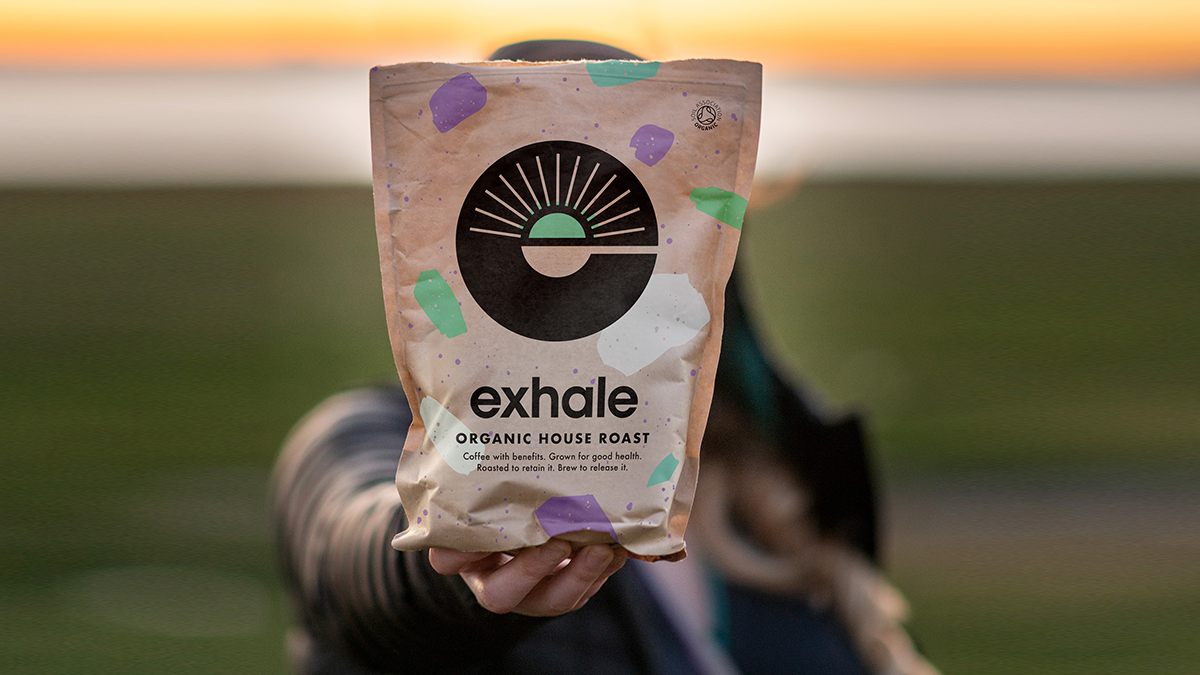
Don’t forget, subscribers to The Running Channel can enjoy 50% off a new coffee subscription from Exhale Coffee via the link below.
Exhale is the UK’s first organic speciality coffee to be optimised for health and performance. They deliver coffee sourced from farms that aim to maximise the good bits (polyphenol and antioxidants) and keep out the bad, like mycotoxins and pesticides.
Exhale offers the same performance boost from caffeine that you get from other coffees, but uniquely, Exhale has almost 3 times as many polyphenols as your average brew and they’ve also been shown to improve both sprint and endurance performance. So it’s a double whammy!
Head to Exhale’s website via the link below and use code ‘TRC’ for 50% off your first bag in a fully flexible, no-commitment subscription. (UK delivery addresses only for the discount code).


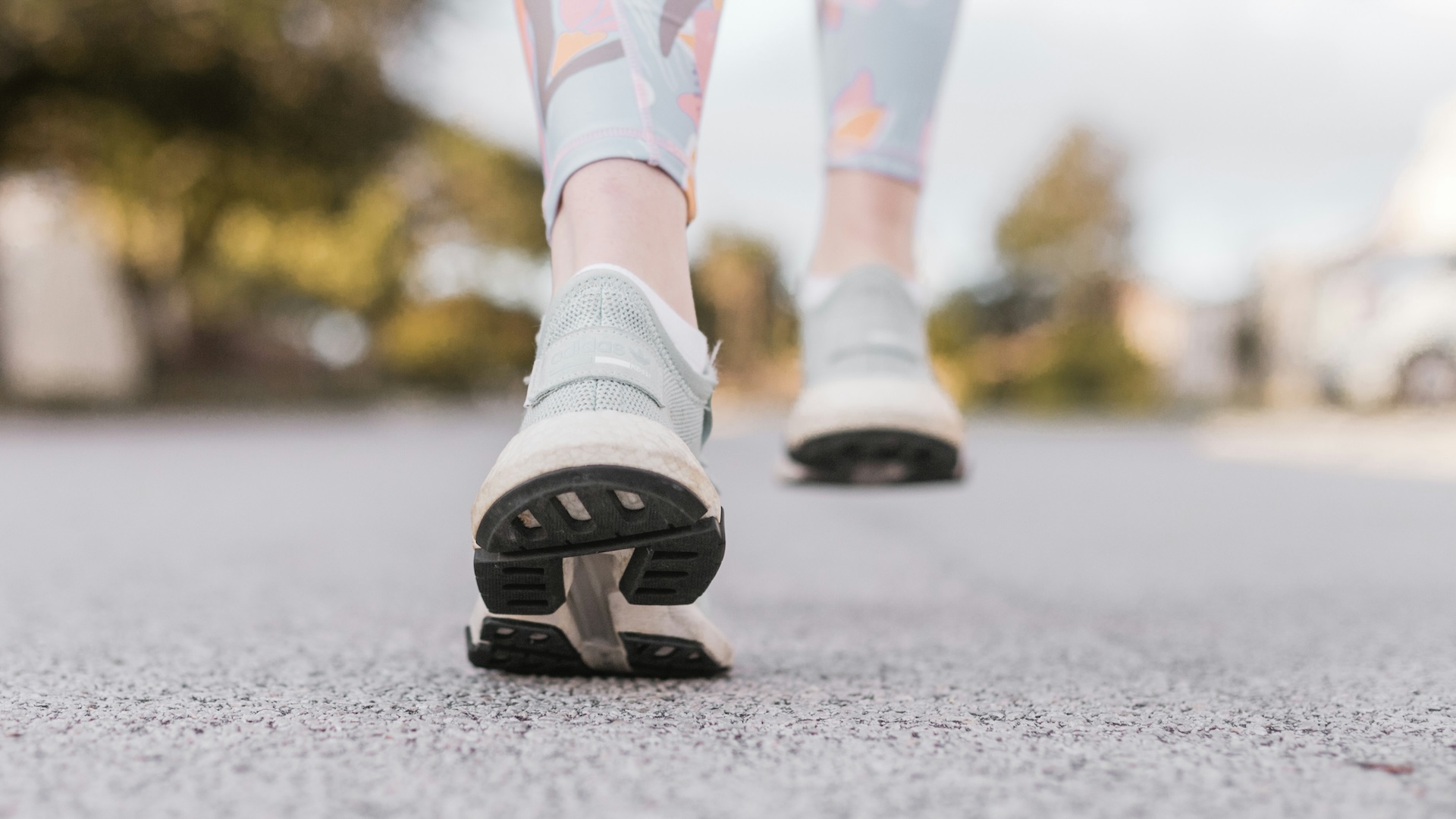
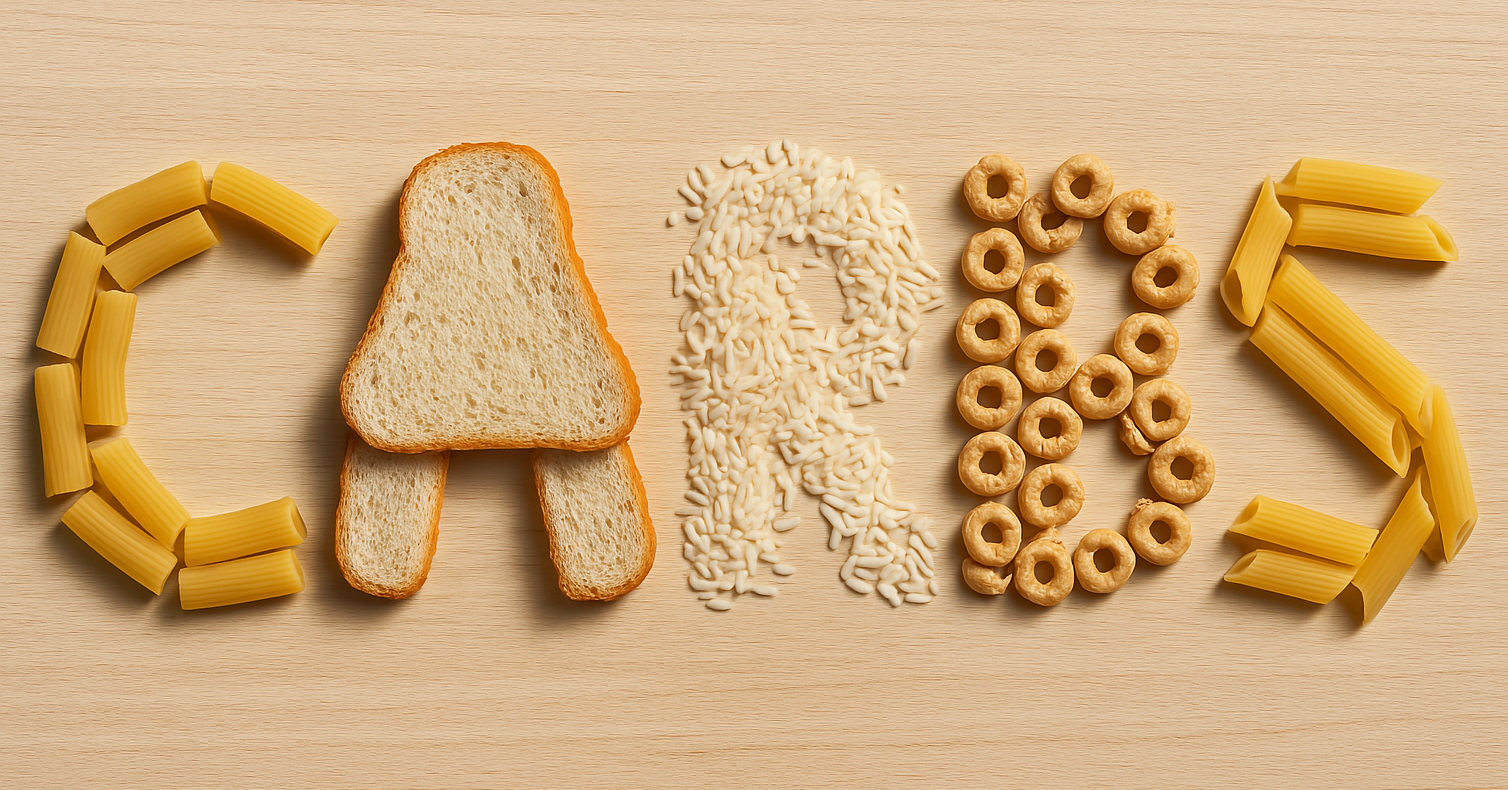

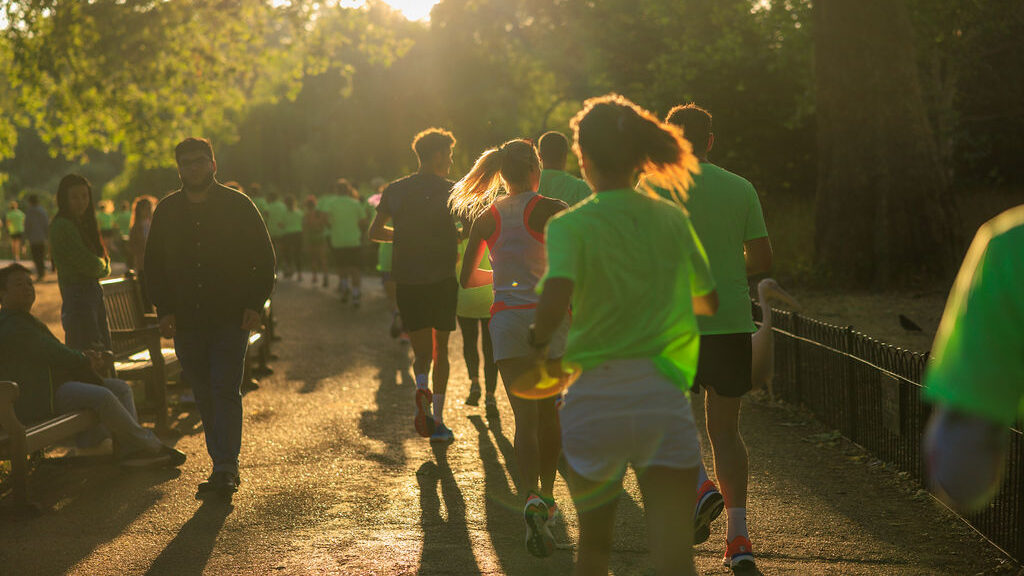
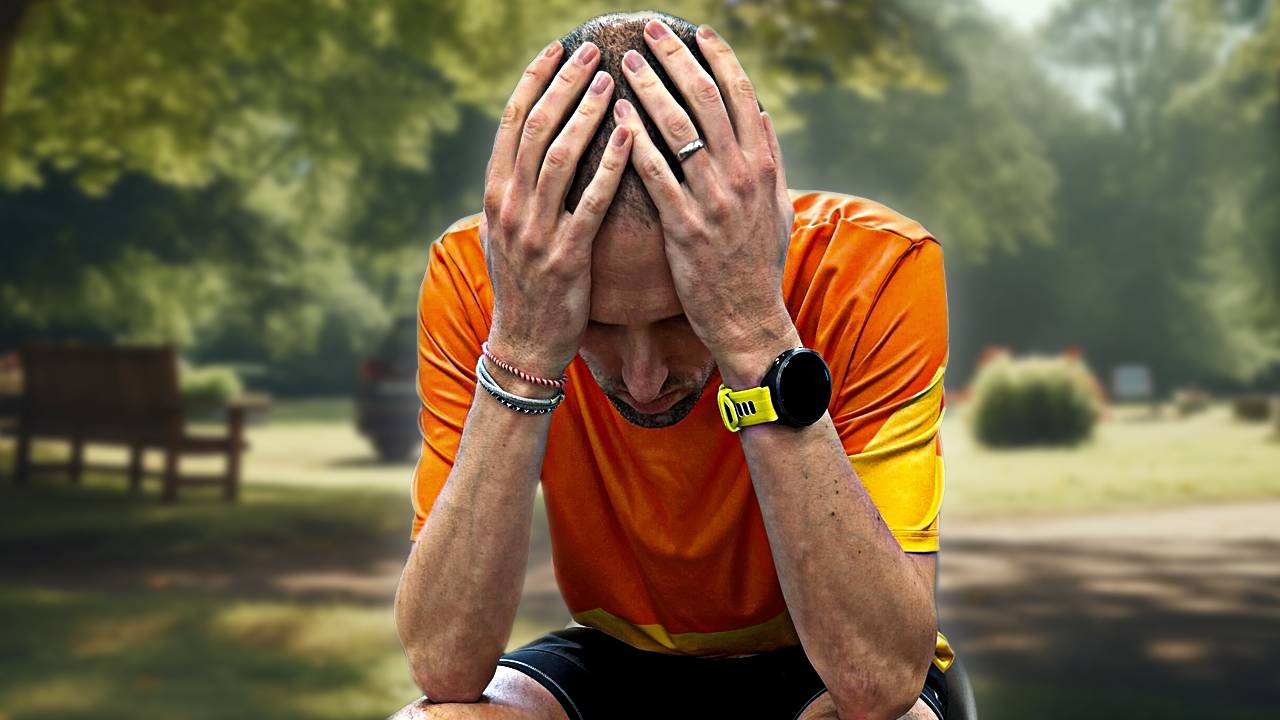




















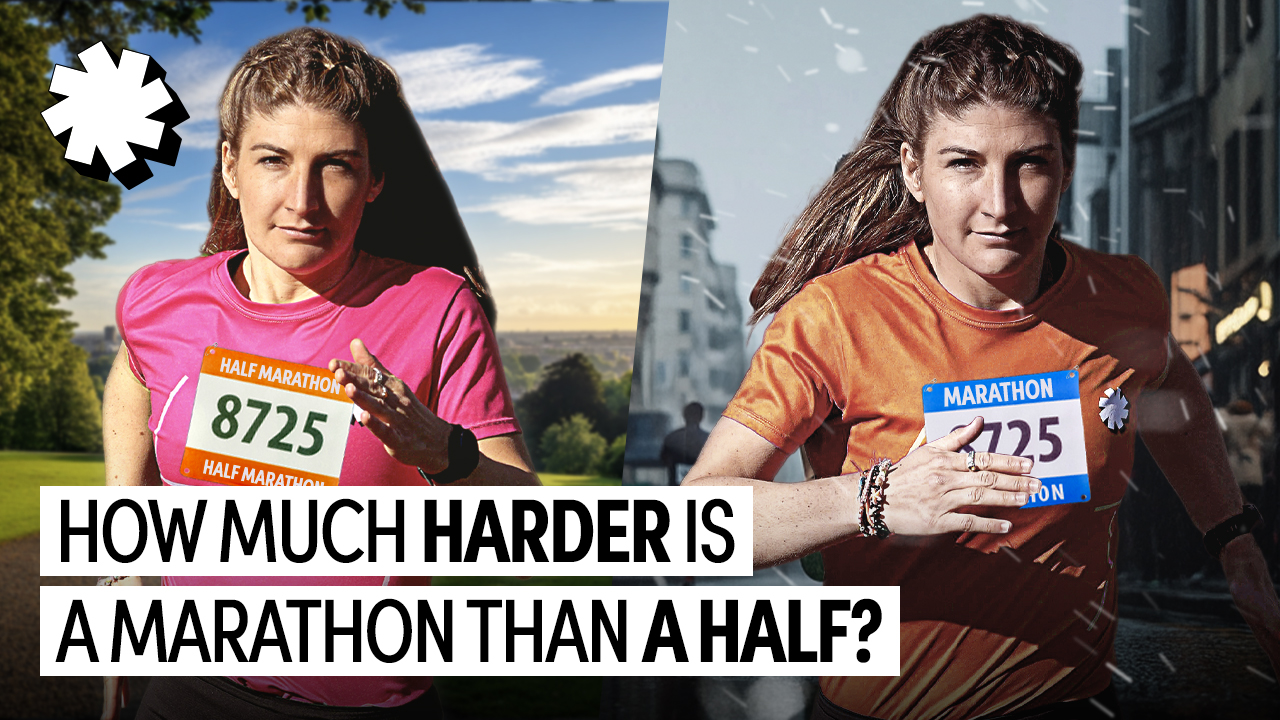

Running News
Ingebrigtsen Stars at World Athletics Indoor Championships 2025 – Plus All The Winners!
Sam Ruthe Is First 15-Year-Old To Run A Four-Minute Mile!
Eliud Kipchoge Will Run The 2025 Sydney Marathon!